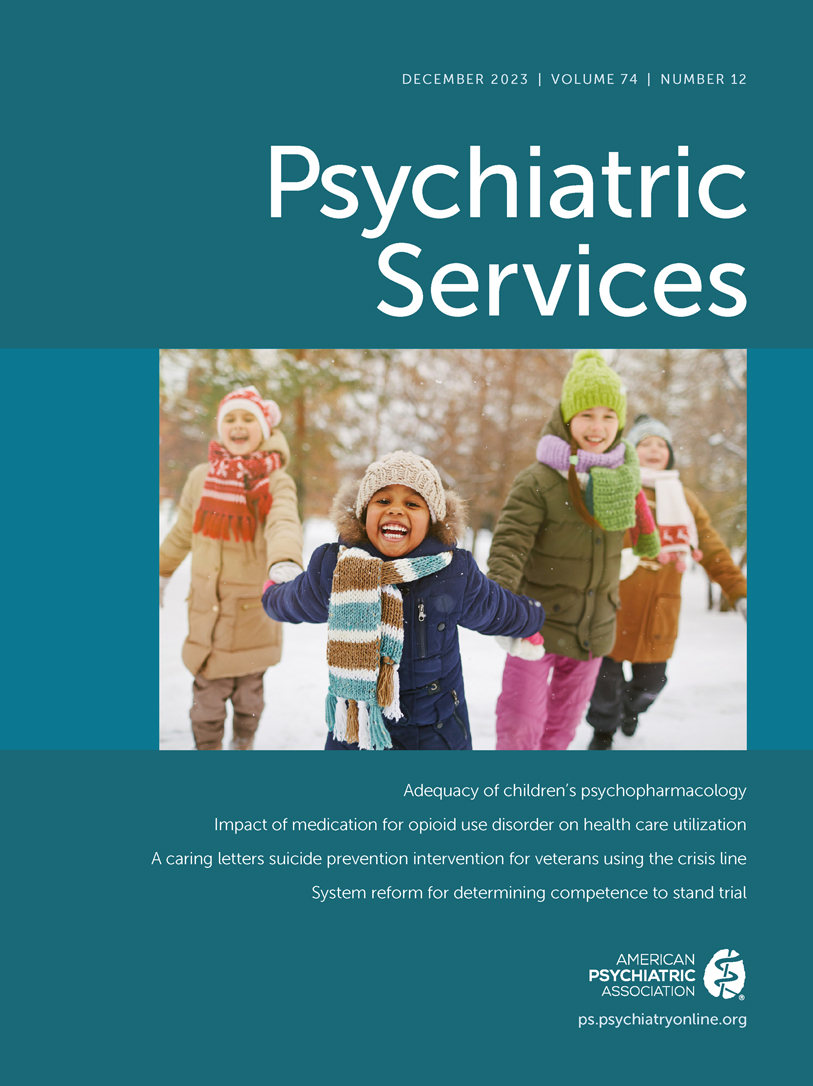Peer Support Services in Behavioral Health Facilities: Secondary Analysis From Two National Surveys
Abstract
Objective:
Peer support providers are part of the behavioral health workforce. Research indicates that peer support helps care recipients achieve recovery and engage with behavioral health services. This article investigated how many U.S. behavioral health facilities offer peer support services and compared the frequencies of peer support services in facilities providing mental health and substance use services.
Methods:
The authors conducted a secondary analysis of facilities in the Substance Abuse and Mental Health Services Administration’s National Mental Health Services Survey (N=11,582) and the National Survey of Substance Abuse Treatment Services (N=13,585), including descriptive and comparative analyses on reported mental health and substance use treatment services in the 50 U.S. states in 2017.
Results:
The findings revealed state-to-state variation in the number and availability of mental health and substance use service facilities and in facilities that reported providing peer support services. Facilities providing substance use treatment services offered peer support services at more than twice the rate (56.6%) found in mental health facilities (24.7%). The authors also identified program characteristics associated with the inclusion of peer support services in behavioral health. Provision of peer support services was more frequently reported by public facilities than by for-profit and nonprofit facilities.
Conclusions:
Behavioral health facilities that serve individuals with serious mental illness and co-occurring substance use and mental health conditions reported offering peer support at a higher rate than did other facilities. Inconsistent definitions of peer support in the two surveys limited the comparability of the findings between the two reports.
Access content
To read the fulltext, please use one of the options below to sign in or purchase access.- Personal login
- Institutional Login
- Sign in via OpenAthens
- Register for access
-
Please login/register if you wish to pair your device and check access availability.
Not a subscriber?
PsychiatryOnline subscription options offer access to the DSM-5 library, books, journals, CME, and patient resources. This all-in-one virtual library provides psychiatrists and mental health professionals with key resources for diagnosis, treatment, research, and professional development.
Need more help? PsychiatryOnline Customer Service may be reached by emailing [email protected] or by calling 800-368-5777 (in the U.S.) or 703-907-7322 (outside the U.S.).



